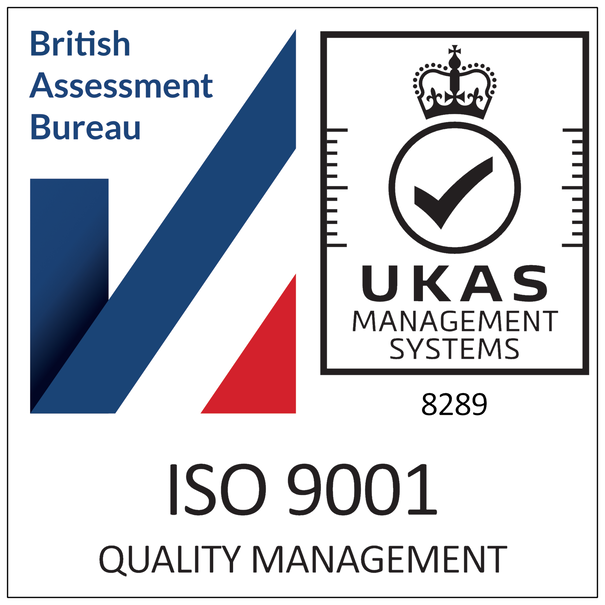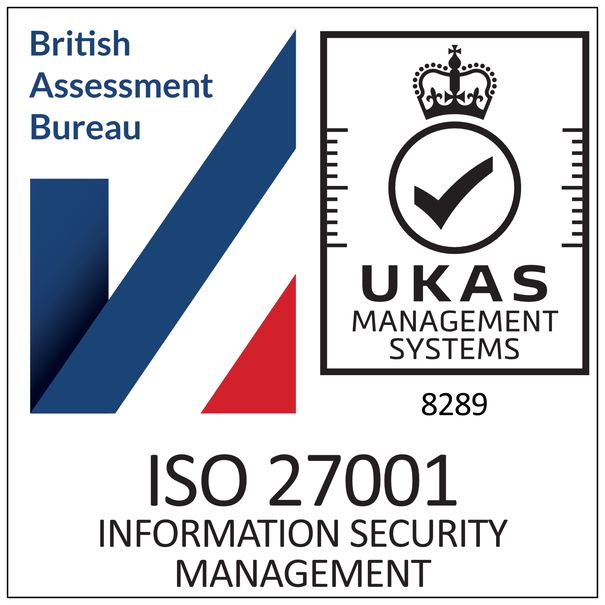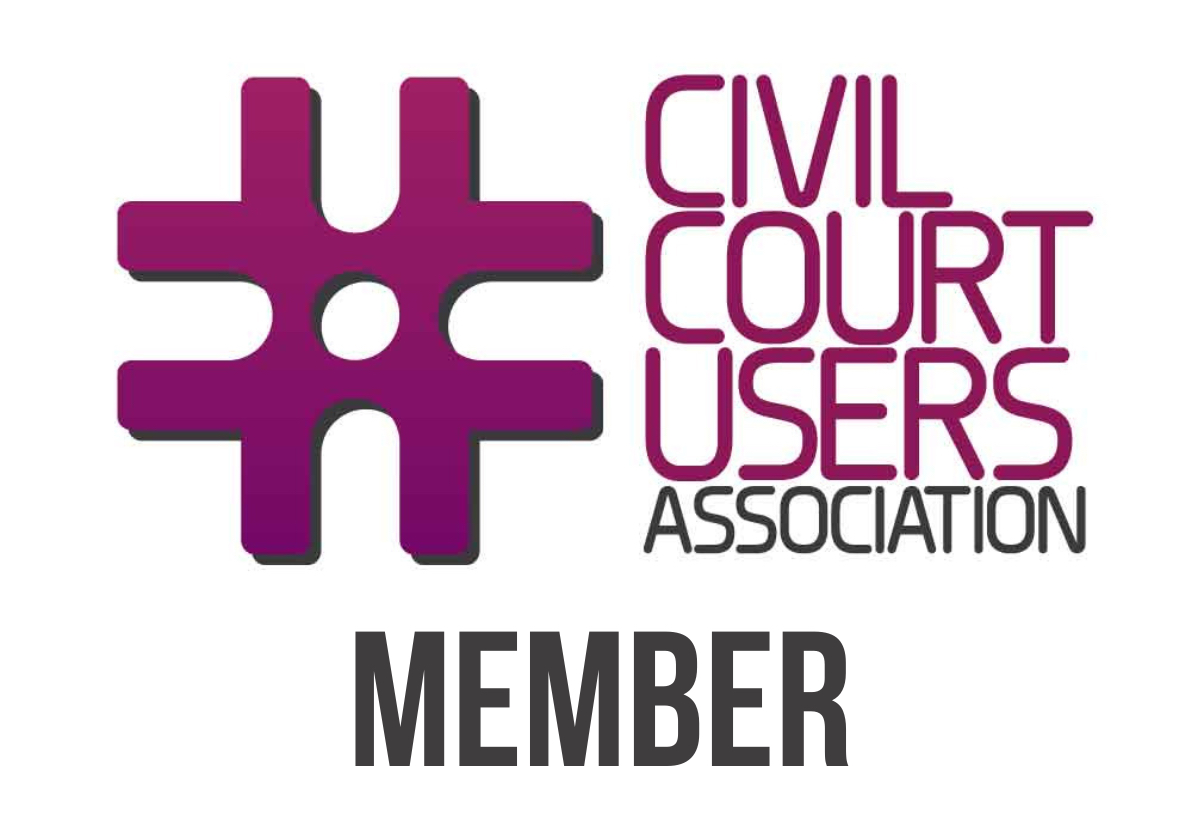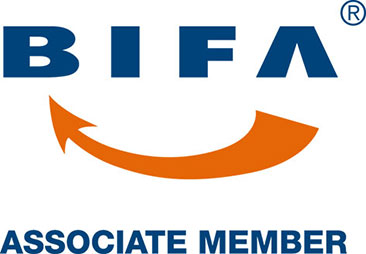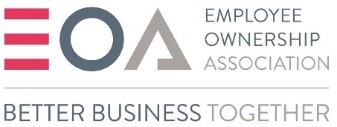
What options do you have if you have secured a CCJ but payment is still outstanding with the account holder?
Whilst there are a number of enforcement routes which can help an organisation recover a debt, some debtors are increasingly alert to the ways of avoiding enforcement and subsequent repayment.
However, an option available to creditors when a CCJ has failed to secure settlement is a ‘Garnishee Order’, also known as a Third-Party Debt Order. This which is a legal document that requires a debtor’s employer to withhold sums from the following sources and send the money directly to the creditor:
- The debtor’s wages or salary
- The debtor’s bank account, or
- Other people who owe the debtor money (e.g. an estate agent who is collecting rent)
The amount of money that must be paid will depend on the amount of money owed and can be adjusted as the debt is paid off.
Banks and other financial organisations may be served with garnishee orders, which require them to freeze your accounts. If this occurs, your creditor normally has the right to withdraw the whole amount due from your account, provided that you have the money to do so. This is done when someone owes money or other assets to another person, such as a creditor or ex-spouse.
Garnishee orders can be a powerful tool for debt collection as it allows creditors to collect money without having to go through lengthy legal proceedings. In some cases, an employee may be able to challenge a garnishee order if they believe that it is unfair or unreasonable. However, in most cases, employers must comply with the orders and withhold wages sums from their employees. It's important that employers and employees understand how garnishee orders work so everyone can make sure their rights are being respected and protected.
The garnishee order should only be used after all other debt collection avenues have been exhausted, and everyone involved should make sure they understand their rights before it is issued.
If you have an CCJ that you would like us to enforce or advise on, please speak to our team today who can share their expert knowledge on how to proceed ethically and legally.





